Zagan
7.21
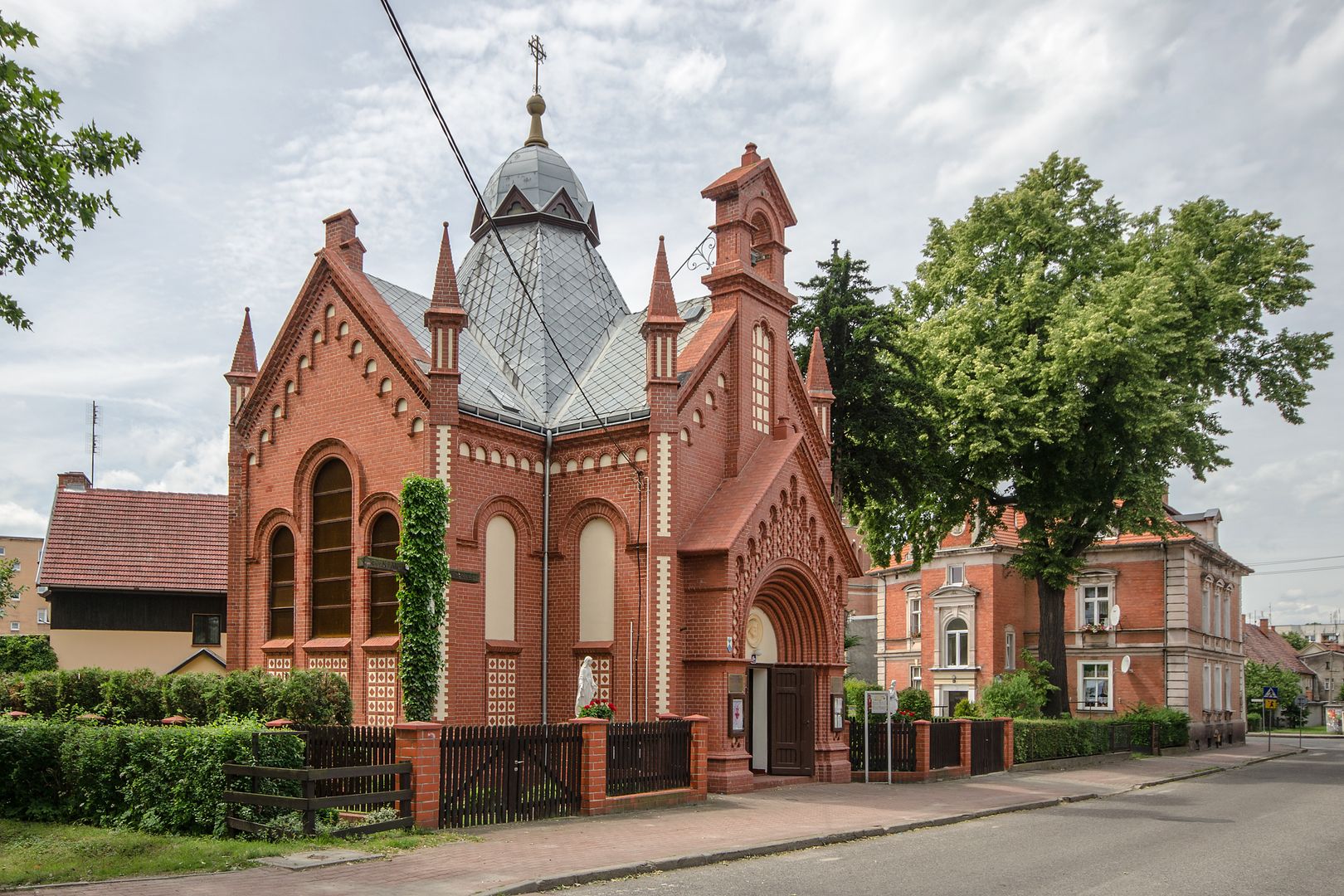
Overview
Żagań is a city located in western Poland, in the Lubusz Voivodeship, with a rich history dating back to the 12th century, when it was first mentioned in historical records. The city was the capital of the independent Duchy of Żagań under the rule of the Piast dynasty. During the Gothic, Renaissance, and Baroque periods, many valuable monuments were built, including churches, the former Augustinian monastery complex, the Lobkowitz Palace, and numerous houses and tenements that today symbolize the region's architecture. Żagań was also the site of events related to World War II, including the famous "Great Escape" from the Stalag Luft III prisoner-of-war camp, which made the city known in history.
The culture of Żagań comes alive through the organization of numerous cultural events, such as the National Pianists' Tournament and the St. Michael's Fair. The city is home to the Żagań Palace of Culture, which promotes local art and musical activities. Żagań is a crossroads of various cultural influences, as evidenced by its diverse religious communities, including Catholic, Protestant, and Jewish groups.
An interesting fact is that in 2006, Żagań was featured on a two-zloty coin as part of the "Historic Cities of Poland" series. Additionally, the city gained fame as a destination for many notable visitors, such as Franz Liszt and Honoré de Balzac. The diverse landscape includes green areas, such as parks that were transformed and enriched during the reign of Dorothea von Talleyrand-Périgord.
Żagań is a city that combines a rich historical heritage with modern challenges and development, making it an important point on the map of the region.
Location
Tickets
Powered by GetYourGuide
You can also find here:
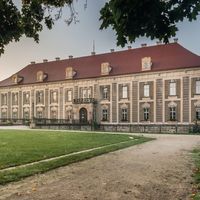
Lobkowitz Palace in Żagań
7.67
Zagan

Stalag Luft III
7.15
Zagan

The tower of the Evangelical church in Żagań
6.78
Zagan
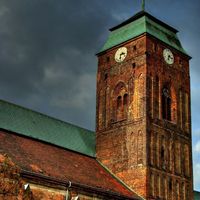
Church of the Assumption of the Blessed Virgin Mary in Żagań
6.75
Zagan
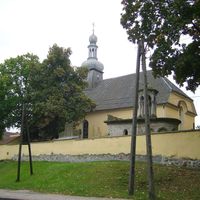
Church of the Visitation of the Blessed Virgin Mary in Żagań
6.44
Zagan

Ok1-198
6.43
Zagan
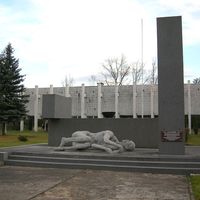
The Museum of Prisoner-of-War Camps in Żagań
6.38
Zagan
2026 Wizytor | All Rights Reserved